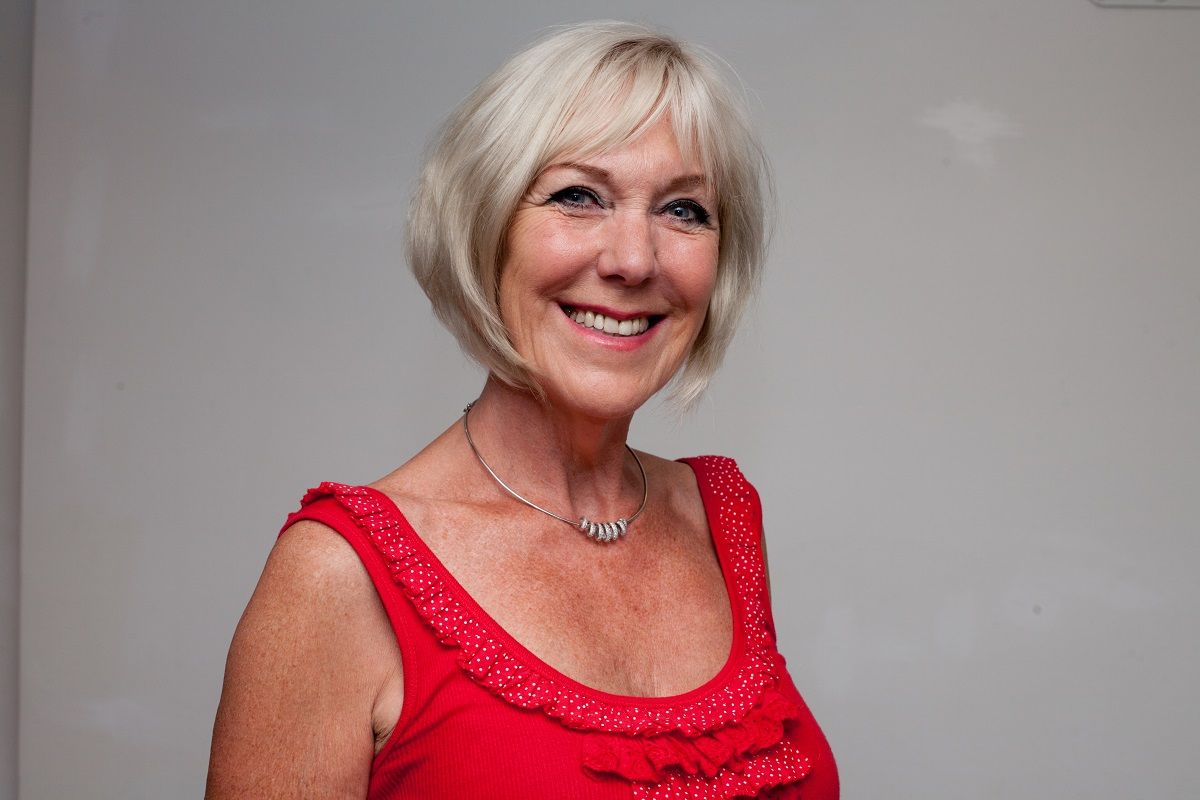It is famously difficult to make idle chat with Danes. Have you tried? Give it a go. Stand in a queue in a supermarket and say something like: “Cold today, isn’t it?” And watch their reaction. First they will look alarmed, and then they will either ignore you or, if they decide you are not a complete nutcase or a not-too-scary-looking foreigner, they might just nod. Most Danes will say they struggle to make social chit-chat with strangers because they are shy and do not know what to say. Another reason is that, in this instance, they are simply confused. The question is completely irrelevant to them. They simply don’t realise that the English way to break the ice is to talk about the weather!
A study has found that for the majority of British people, conversation turns to the weather at least once every six hours. Seventy percent use it as a social prop. Denmark has similar weather to Britain, but they deal with it by heating their homes properly, removing snow from roads and train lines instantly and de-icing their airport runways to avoid travel chaos. The one thing the Danes don’t do with their abysmal weather is talk about it. When pushed, with Scandinavian stoicism they claim: “There is no such thing as bad weather, just the wrong clothing.”
They would certainly never use the weather as a conversation ice-breaker. And during these February days, ice-breaker is an apt description. For the Brits, a snowfall is not just a talking point, but treated by the media as an alien invasion. The news headlines are full of it. TV networks dispatch journalists to all corners of the nation where they stand in a few inches of snow and say to the camera: “This is terrible. Do not leave your homes unless you have to. Conditions are treacherous …” Treacherous? So the weather has evil intentions on the populace?
It would seem the weather is another thing we need to live in fear of. Headlines tell the frightening tale: “Critically low levels of grit for the roads!”, “Thousands of schools closed”, “Bad weather may kill 60,000!” One broadcaster, leaning earnestly towards the camera, said: “With more snow and ice forecast, is Britain sliding towards chaos?”
What a rich seam of endless comment the subject of the weather has become for the British! And in the summer, when the temperatures hit 25 Celcius, the weather is described as “Sizzling!”, “Blistering heat”, “Melt Down!”. Meanwhile, the undramatic Danes look at us from across the North Sea and laugh: “Der er bare vejret, for pokker!” (“It’s just weather, for God’s sake!”)
Regardless of age, colour and nationality, weather-talk is the one thing that unites the British. It’s the one thing they can share and the one thing they can all agree on. It breaks down social barriers and provides an endless stream of subject matter that is unthreatening and potentially amusing. Wasn’t it George W Bush who said if we want to fight global warming, why don’t we just change from Fahrenheit to Celcius?
One in five Brits claim talking about the weather is an easy way of appearing friendly to strangers. Perhaps the Danes should take heed of this. Instead of sniggering at the British obsession with the weather, they could also use it as a way to be friendly to newcomers to their country. I mean, how easy would it be to answer that question: “Cold today, isn’t it?” with a cheery reply: “Ja, ja − but it will be much worse tomorrow!”
It is hard for a Brit to stop using the weather as an opening line in a conversation. I am writing this piece in Goa where I am on holiday (yes, I escaped) – and this morning when the Indian beach attendant organised a sunbed for me, I found myself saying to him: “Hot today, isn’t it?” He didn’t even bother to nod. The weather can never be used as a conversation ice-breaker in a country where the temperature remains more or less the same all year around. Many years ago, I went to the Costa del Sol for a holiday and, wanting to be friendly to a young beach attendant, I said: “Estoy caliente!!”, which I later found out did not mean “It’s hot!” but “I am horny”! Now that WAS an ice-breaker!
















